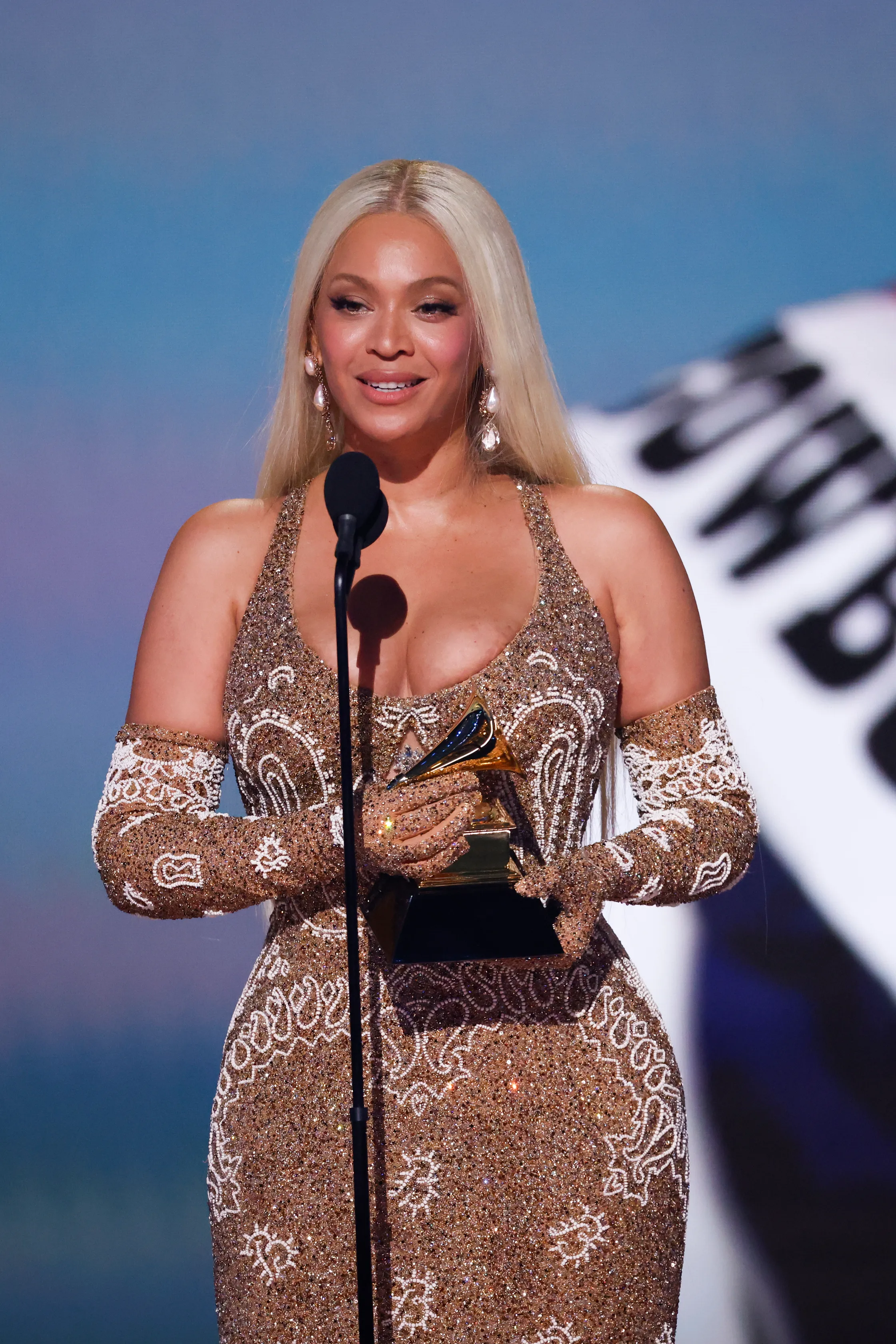
Thousands of Nigerians, government officials and heads of government foreign officials were in attendance to witness the handover from predecessor Muhammadu Buhari to 71-year-old Bola Tinubu who is officially the 16th president of Nigeria. The country is forecast to become the third most populous nation in the world by 2050, tied with the United States after India and China. His inauguration is the culmination of a life-long ambition to rule Nigeria and while some look to the new President for a better life, many Nigerians are skeptical, hopeless and trying to survive the harsh realities and legacy of the Buhari Administration which has seen the country reach peak levels of economic hardship and insecurity. Following the national elections in February, newly elected governors also took their oath of office in many Nigerian states on Monday.
With his election still being contested in court by opposition parties and many younger Nigerians, President Tinubu has pledged to reunite the country and called for those who do not support him to rally behind his agenda. The outcome of the challenge is due in three weeks and would be the first time in Nigeria’s history a presidential election would be nullified in court if upheld, albeit, quite unlikely.

Nigeria faces a lack of opportunities, record unemployment, growing poverty, masses of the population migrating to Western countries and a strong, frustrated youth population. He inherits a struggling economy, a nation straggling behind its western counterparts, plagued with shortages of foreign exchange and fuel, a weak naira currency, two-decades high inflation, bad power supplies and failing oil production, the result of crude theft and underinvestment. All of these factors combined are a ticking time bomb. In his first speech as President, Tinubu declared that “Hope is back for Nigeria,” and he would work beyond improving the economic and security conditions, seek to unite a deeply divided nation and administer fairness and justice for discontented groups. He told Nigerians that his swearing-in was a “sublime moment.”
“We have endured hardships that would have made other societies crumble. Yet, we have shouldered the heavy burden to arrive at this sublime moment where the prospect of a better future merges with our improved capacity to create that future,” said Tinubu.

A paramount challenge for the Tinubu administration is confronting insecurity, rising poverty and unemployment. His manifesto of “renewed hope” focuses on the creation of jobs, increased local production of goods, investing in agriculture and public infrastructure, providing economic opportunities for the poorest and better national security to tackle the most paramount challenge the country faces, insecurity. He put an end to the era of fuel subsidy, stating that there is no provision for the subsidy in the 2023 Budget and more so, the payment is no longer justifiable.
“We commend the decision of the outgoing administration in phasing out the petrol subsidy regime which has increasingly favoured the rich more than the poor.”
In the wake of ‘drying resources’, the new administration looks to instead re-channel the funds to ‘materially improve the lives of millions.’ The markets responded well to the end of the $10 billion fuel-subsidy program and plans to adopt a uniform exchange rate - Nigeria’s dollar bonds and equities rallied to its highest rise in eight years.
The new President’s first acts in office will be key for the country and observers as some Nigerians remain hopeful for a better life, whilst others are fatigued by failed promises of previous administrations and reminiscent of ex-President Buhari’s legacy. Aggrieved groups have lost confidence in the government to protect them, there may be an increase in those seeking their own self help and protection, for some, all they ask is that the incoming President help them stay alive.

Nigeria is in critical condition. President Tinubu must act quickly and decisively to tackle the security crises and unsustainable debt burden. The country’s debts total over $103billion, combined with high levels of inflation, high unemployment and high dependency on dwindling oil revenues. It is worthy of note that Bola Tinubu is the first Nigerian President in its history to become Commander in Chief of the Armed Forces with no military experience. All of Nigeria’s former heads of state have been military men, whilst Tinubu, who is very pro-business could be the nation’s best hope of attracting foreign direct investment. He may just be the President to deliver the much needed kickstart to the Nigerian economy and improve the country’s finances. For citizens and investors, Tinubu is a good contrast to business-sceptic former President Buhari and perhaps may provide the key to solving most of the nation’s problems. A welcome change to the protectionist policies and foreign currency interventions under former President Muhammadu Buhari which spooked investors.
His first 100 days may include apt focus on building the country’s political, social and most importantly, human capital. Nigeria’s outdated system cannot keep up with a fast evolving world, thus harnessing the human capital of a populous with a strong youth population will be pivotal in turning the demographic emergency into a demographic opportunity.
The question remains, can President Tinubu reboot the economy of Africa’s giant?






